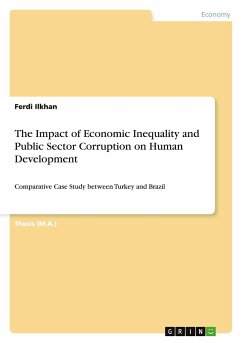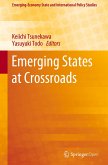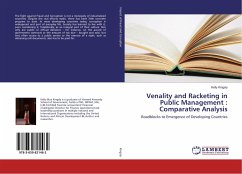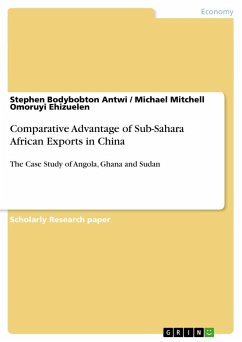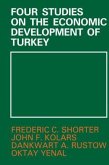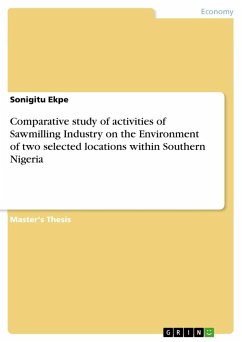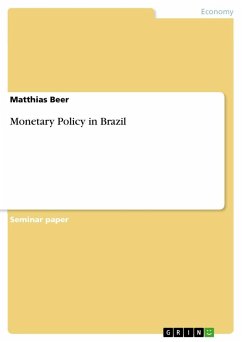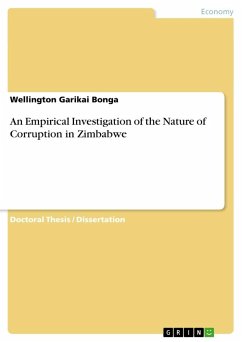Thesis (M.A.) from the year 2015 in the subject Economics - Case Scenarios, University of Westminster, course: International Economic Policy and Analysis, language: English, abstract: As a society we are always interested in knowing how much progress we have made over time. In the past, economists, analysts and policy-makers mainly referred tochanges in the level of gross domestic product to reflect how the population of a particular country has progressed during a given period of time. Indeed, the average material standard of the population is an essential tool in assessing how much progress a society has made.However, various global, regional and local reports on human development have demonstrated that economic growth alone is far from sufficient as the sole condition for progressing in human development. Therefore, accurately measuring human development requires a frame that includes different key economic and social indices. Therefore, we need to think about a series of narrow and broad indicators such as per capita income but also life expectancy, education, and the extent of poverty. Based on this idea, there are different approaches that have become prominent in trying to explain what progress actually means to a society and how to measure the actual state of human development in a nation (Gallardo, 2009).However, this dissertation is based on the results presented by the Human Development Index known to be one of the most valuable concepts in attempting to capture the state of human development in a country. According to its latest values, Turkey scores far above Brazil in the Human Development Index 2013 (United Nations Development Programme, 2014); although the World Bank indicates that Brazil has a higher level of per capita income than in Turkey (The World Bank, 2014). This paper supports the hypothesis that, in particular, the issues of economic inequality and public sector corruption have a significant impact on human development related indices. Therefore, by critically analysing and comparing relevant statistics of two comparable economies - Turkey and Brazil - this paper intends to provide a valuable explanation regarding the question: how can a countrywith lower levels of per capita income achieve higher human development outcomes?

